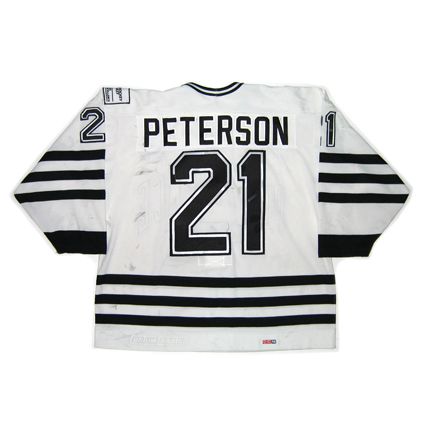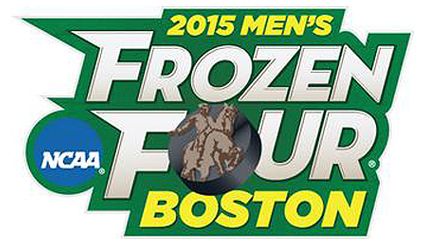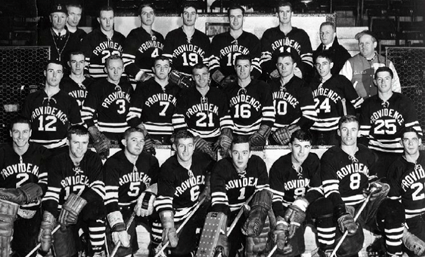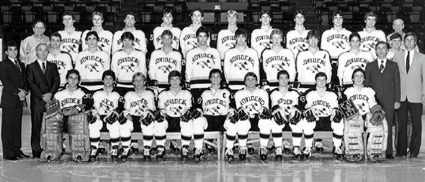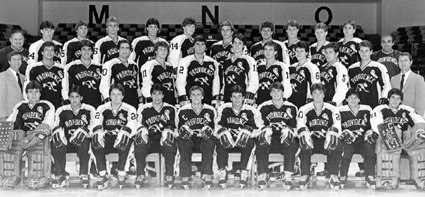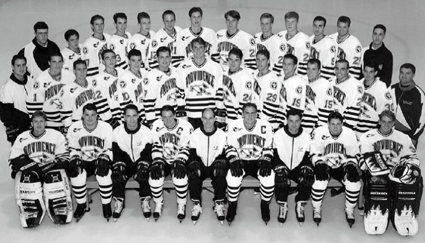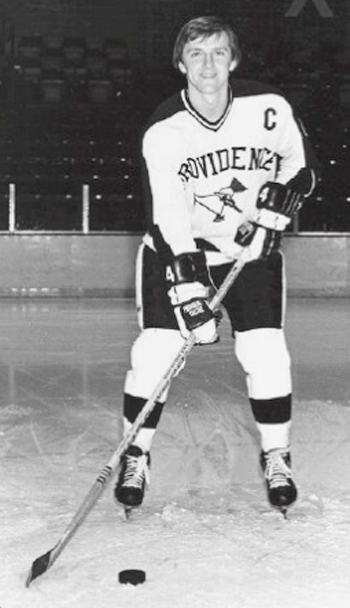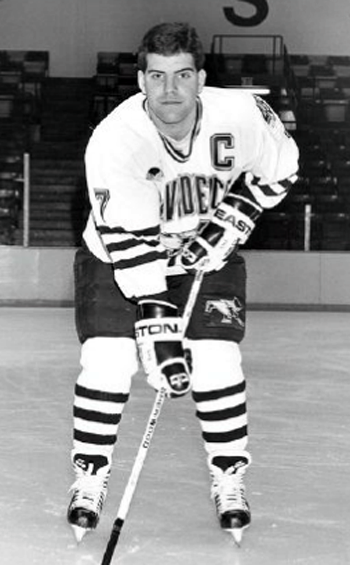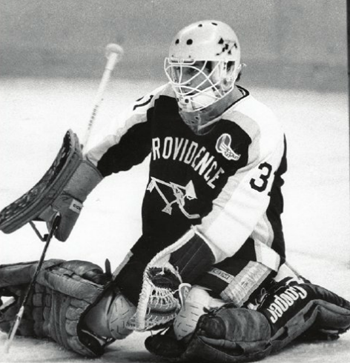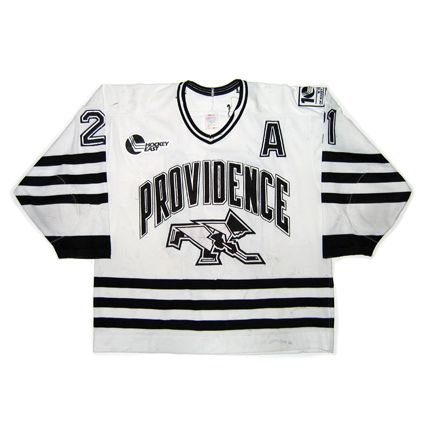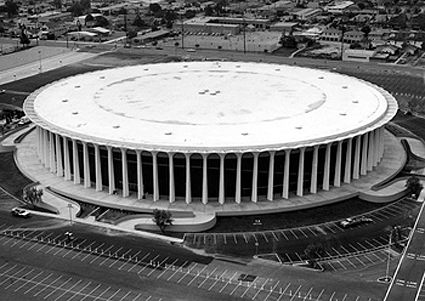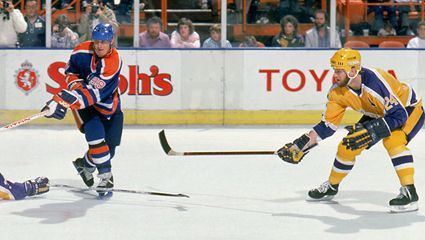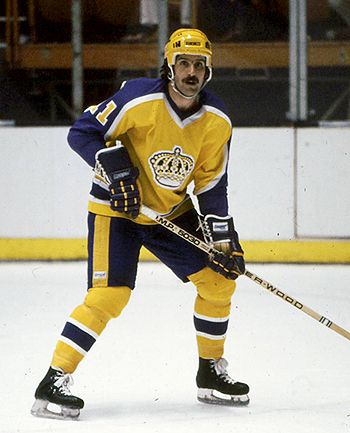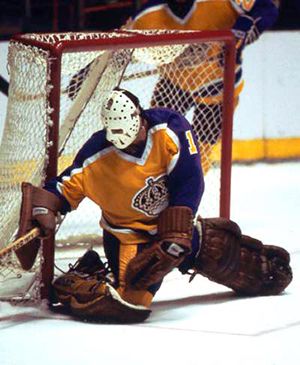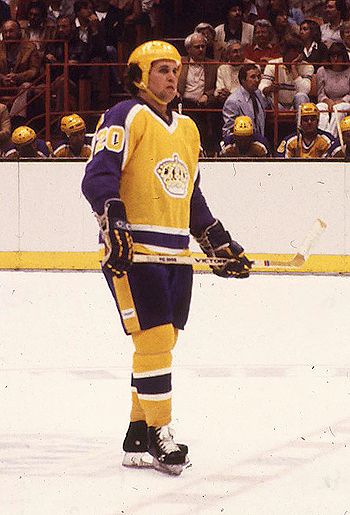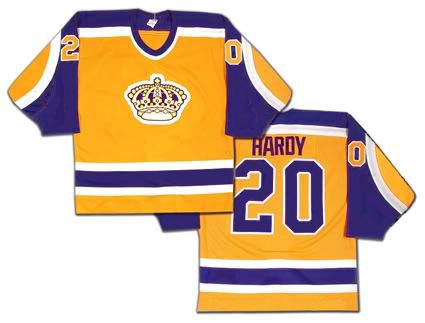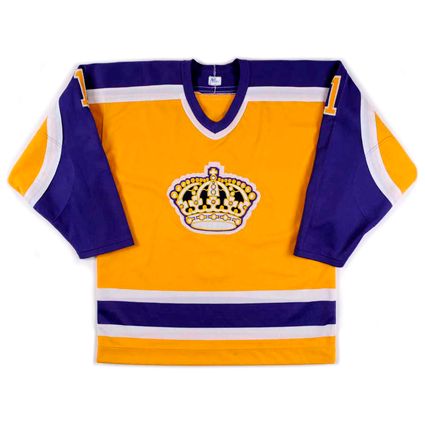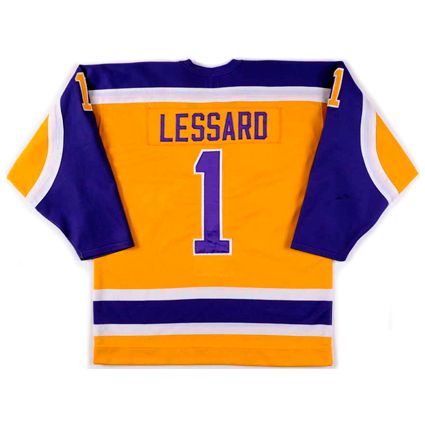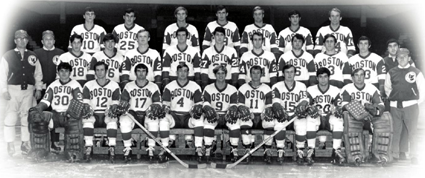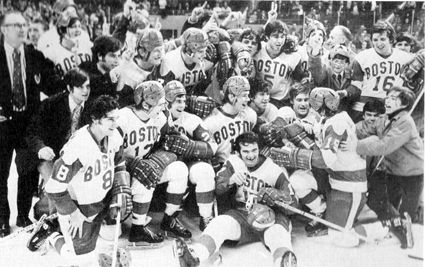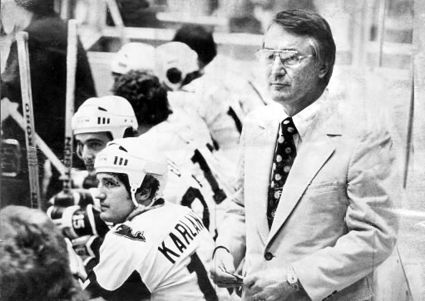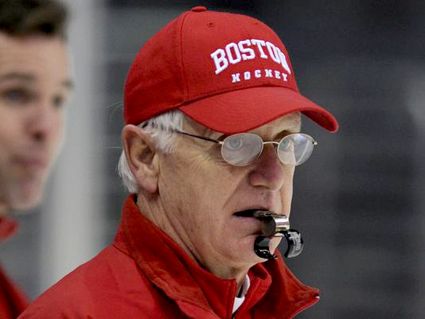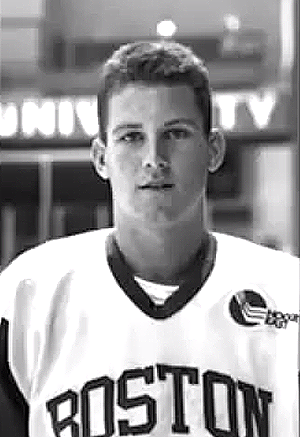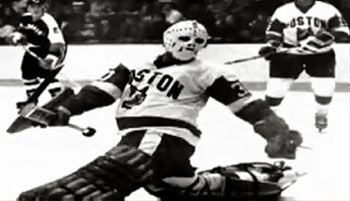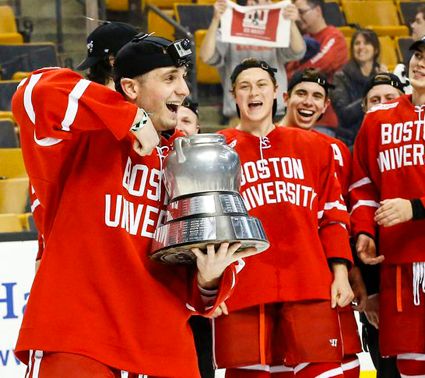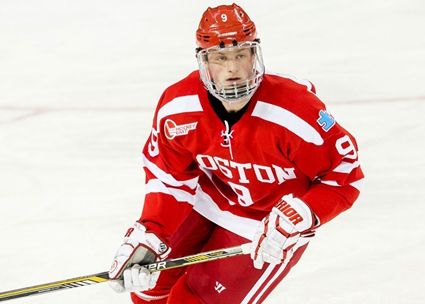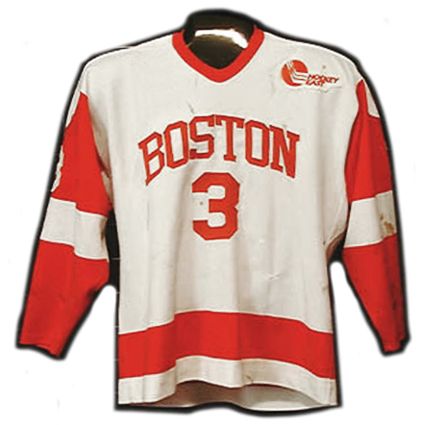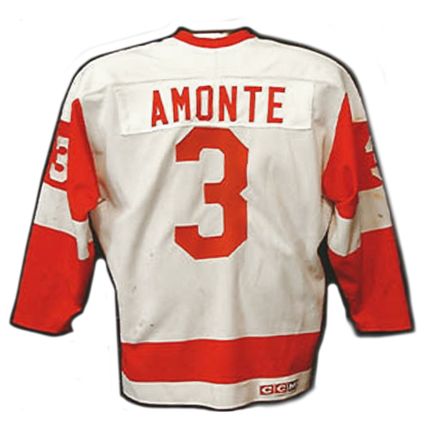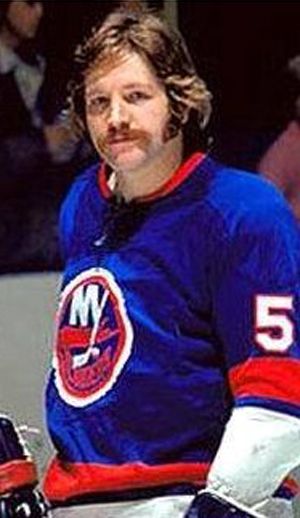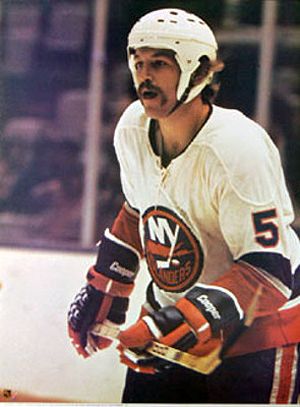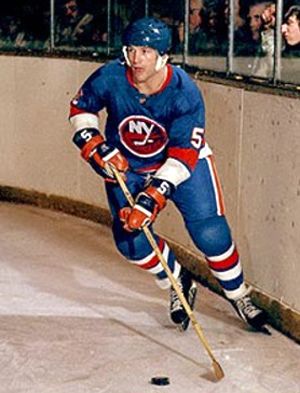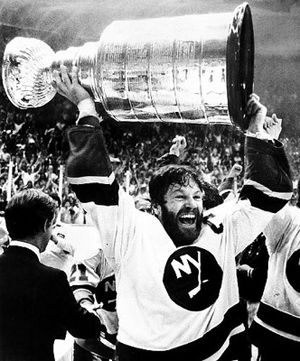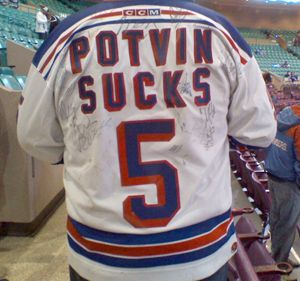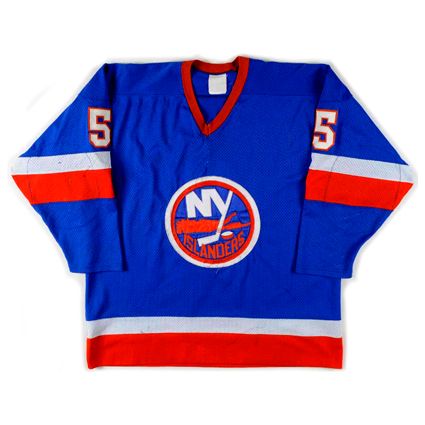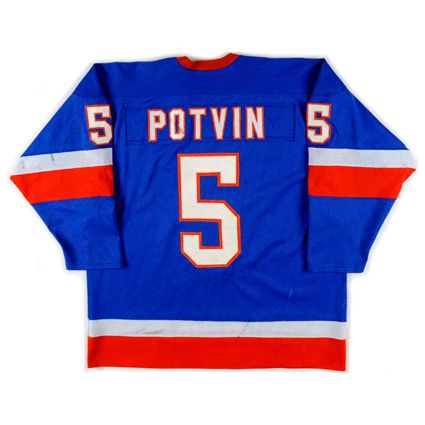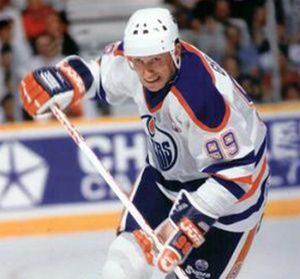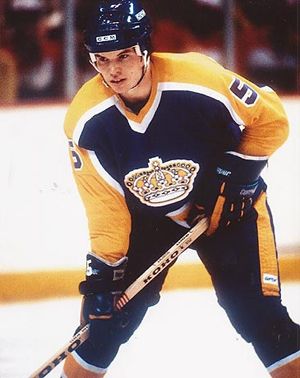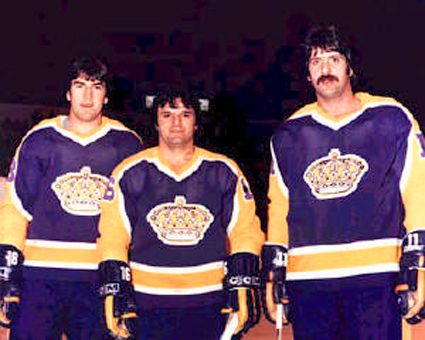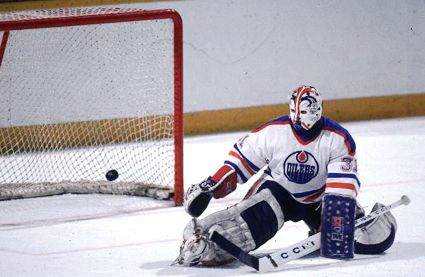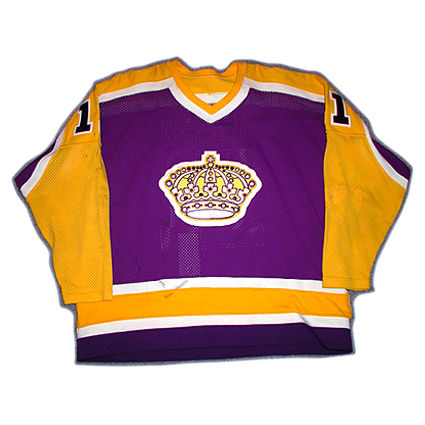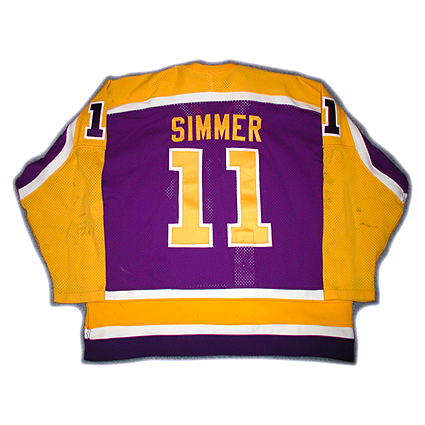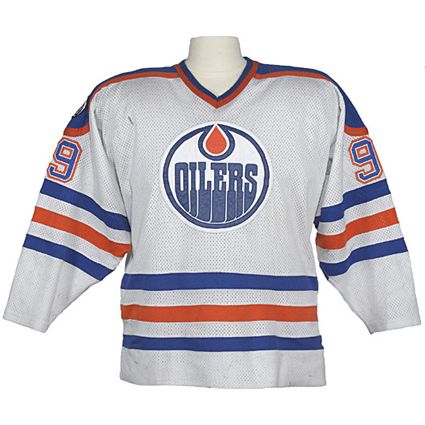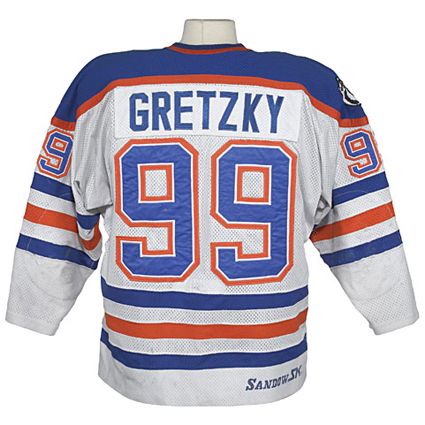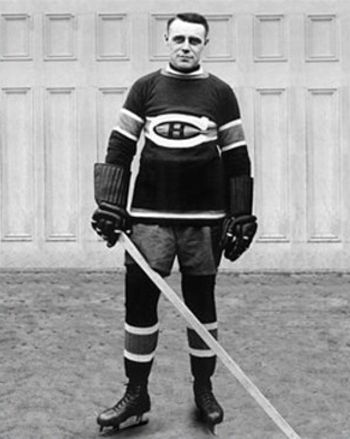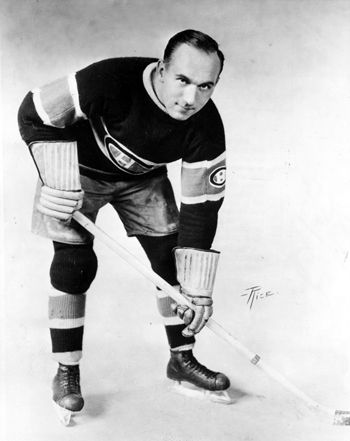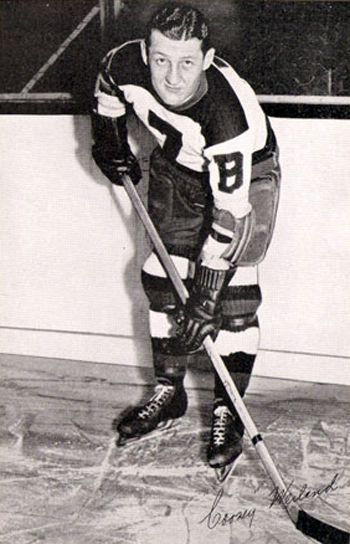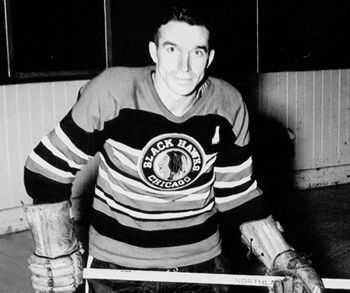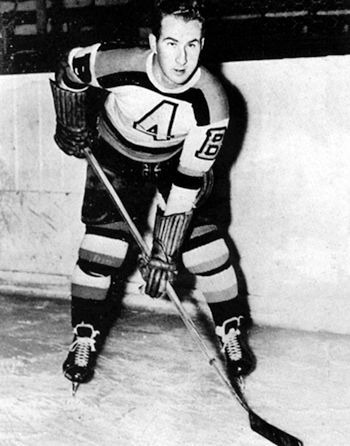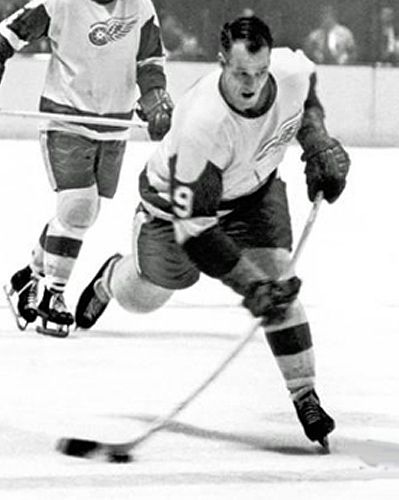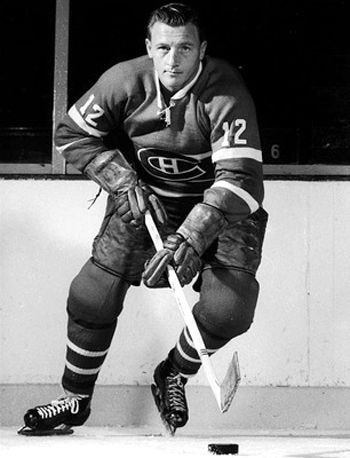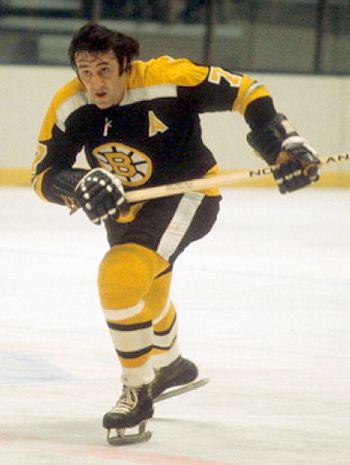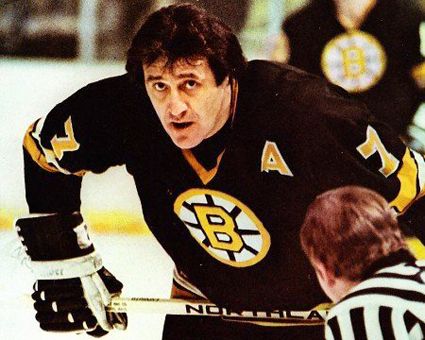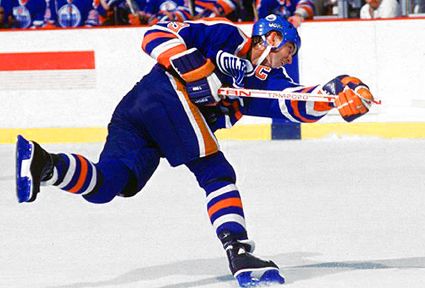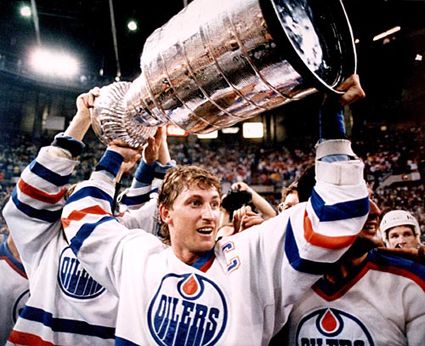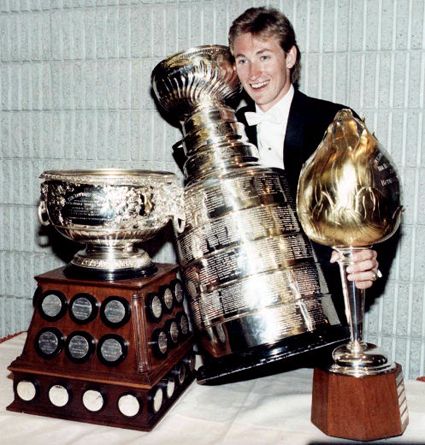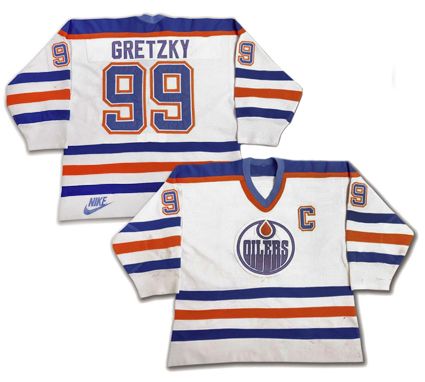The tournament semifinals saw the #15 ranked Providence College Friars of Hockey East defeat the #8 University of Nebraska Omaha Mavericks of the National Collegiate Hockey Conference by a score of 4-1.
The second semifinal had the #3 Boston University Terriers, also of Hockey East taking on #2 ranked University of North Dakota also of the powerful NCHC. The Terriers got out to a 4-1 lead before a pair of third period goals by North Dakota made for a tens three minutes before an empty net goal sealed the victory for BU.
Providence will be making only their second appearance in the championship game, the first coming in 1985, an eventual 2-1 loss to the Rensselaer Polytechnic Institute Engineers.
The Providence College hockey program dates back to the 1926-27 season when they played an eight game schedule, winning just once.
That would be the only season of Friars hockey until the program was revived 25 years later for the 1952-53 season as a Division I independent program. After two seasons they played one season in the Northeast League, posting their first winning record, before a return to independent status for the next six seasons. Providence College then joined the Eastern College Athletic Conference (ECAC) in 1961-62 as a charter member.
Their third season in the ECAC of 1963-64 saw them finish with a 19-7 record, earning them their only ECAC regular season title. They backed that up with the ECAC playoff title, which earned them their first NCAA playoff berth, where they eventually finished in fourth place in the nation.
for the 1968-69 season, Lou Lamoriello took over as head coach. in 1974-75 he guided the Friars to another 19 win season and in 1977-78, their second NCAA tournament appearance. After going 21-11 in 1979-80, the Friars won the ECAC playoff championship in 1981, which earned them their third NCAA appearance.
Two seasons later, Lamoriello's last behind the Friars bench, Providence had their highest winning percentage ever following a 33-10 record. An NCAA appearance followed, as Providence defeated the Minnesota Duluth Bulldogs twice to win their two game-total goal series 10-5. After a loss in the Semifinals, Providence defeated the Minnesota Golden Gophers 4-3 to claim third place overall.
Lamoriello was also the school's athletic director and resigned as the hockey head coach. He helped form the new Hockey East conference, which began play in 1984-85 with Providence as a founding member and Lamoriello as it's first commissioner.
The Friars would taste instant success in Hockey East, becoming it's first playoff champion. They then defeated Michigan State by a narrow 6-5 total goals series where the two teams split the two games. Providence then survived an epic three overtime game 4-3 over Boston College to earn a spot in their first national championship final, where they fell to RPI by a score of 2-1.
They posted four consecutive 20 win seasons from 1989 to 1992, earning NCAA appearances in both 1989 and 1991.
A second Hockey East playoff championship came in 1996 as well as another NCAA berth. Five years later in 2001, the Friars returned to the national playoffs after going 22-13-5. Providence would then enter a period of doldrums from 2001 until the 2013-14 season when they finally qualified for the NCAA tournament after 11 years away.
They returned to the NCAA tournament this year after back to back 20 win seasons, their first since 1992. This is also the first time in program history they have qualified for the national playoffs in two consecutive seasons.
The Friars took advantage of being placed in the East Regional at home in Providence, where they knocked off the #1 seeded Miami of Ohio RedHawks 7-5 and then defeated the #3 Denver University Pioneers 4-1 to advance to this year's Frozen Four, where they eliminated the University of Nebraska Omaha Mavericks 4-1 to earn place in today's national championship game against Boston University, where they will seek their first title.
Thirty Friars have played in the NHL including Paul Cavallini, Tom Fitzgerald, Hall Gill, Jim Korn, Chris Therien, and Randy Velischek have all played 500 games or more, while Gill, Steve Rooney, Peter Taglianetti and goaltender Chris Terreri have all won Stanley Cups. Paul Guay and Terreri have played in the Olympics for the United States, Therien for Canada and Gates Orlando represented Italy. Additionally, three Friars have been first round NHL draft picks, Fitzgerald (1986 New York Islanders), Joel Hulbig (1992 Edmonton Oilers) and Mark Jankowski (2012 Calgary Flames).
Former NHLer and head coach Ron Wilson holds the school record with 250 career points while John Gaudreau leads the Terriers in career goals scored with 103. Orlando (213), Gaudreau (211) and Mike Boback (201) all have 200 career points for Providence.
The Friars have won the ECAC regular season championship once, the ECAC tournament twice, the Hockey East tournament twice, made 11 NCAA appearances and have made four Frozen Four appearances.
This jersey features the Hockey East 10th Anniversary patch on the left shoulder and the customization is unique, in that the white outline around the black numbers is a layer of white plastic film rather than the usual layer of twill.
This style was worn from 1988-89 through the 1998-99 season until a new identity package was unveiled for Providence.
